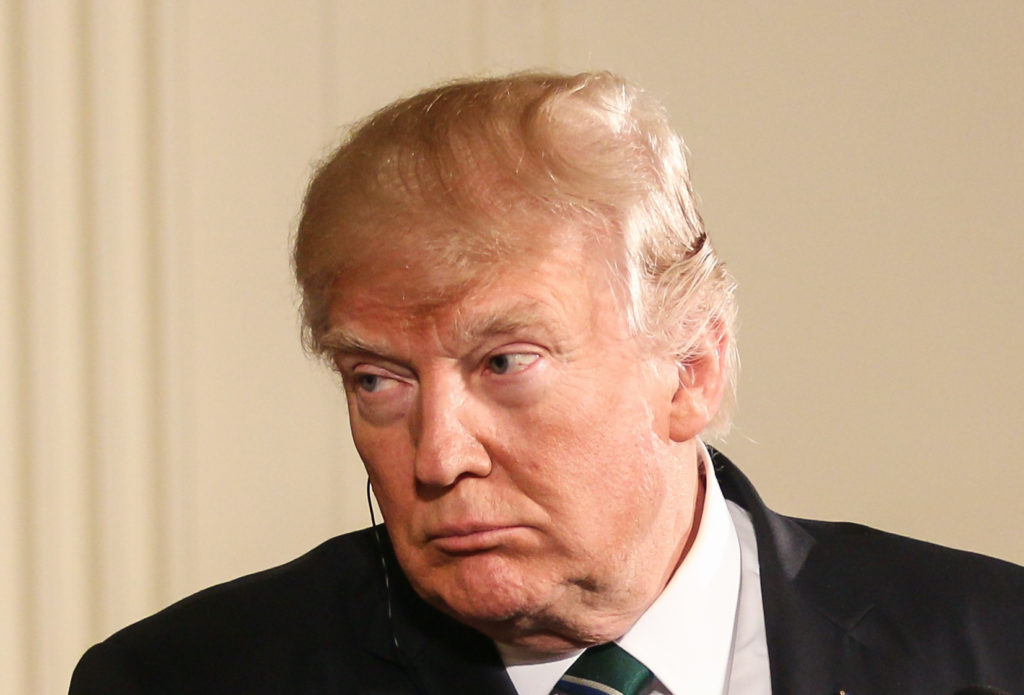Adam Kinzinger may be getting the last laugh against Donald Trump

One question many of us had going into the 2022 election was what type of candidates to expect. Would the GOP try to win seats by appealing to moderate voters once again – or would they try an approach similar to 2010 – where many unqualified candidates for office took a page out of failed vice presidential candidate Sarah Palin’s playbook and be as ignorant and fiscally reckless as possible. We’re already getting our answer, where some of the unsuccessful candidates from last time have decided to go full-on Trumper, running in different districts to snag seats.
There’s been a question of whether or not Liz Cheney’s seat is going to be safe, but she’s managed to eliminate one of her primary challengers already. Rep. Adam Kinzinger who also voted to impeach Donald Trump back in January despite the very real possibility of losing his seat has surprisingly raked in a sizable sum of money – $2.2 million in the first quarter of this year – split between his own campaign and a new anti-Trump PAC that he’s started up.
This keeps his name in the headlines and makes him yet another target for the ire of Trump and his former loyalists – possibly landing him a solid challenger that could make winning a primary difficult. What’s important to keep focus on here is the bigger picture – even after he’s been out of office for almost four months, Trump is still highly polarizing in a way that could hurt the Republicans badly when it comes to 2022 and 2024.
We might be seeing at least a few more Republican hopefuls try to distance themselves before the year is out – but what’s certain is the party is far from united going into 2022. That’s a good sign for us, but also a warning to not get too certain. I wouldn’t encourage you to donate to Kinzinger’s anti-Trump PAC – but to target local Democratic candidates in 2021 and 2022 to donate to and volunteer for, and let’s grow our majority in 2022.
James Sullivan is the assistant editor of Brain World Magazine and an advocate of science-based policy making
